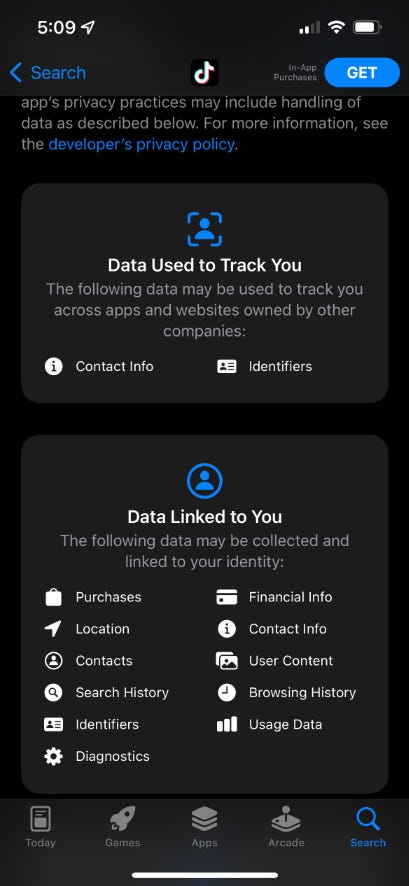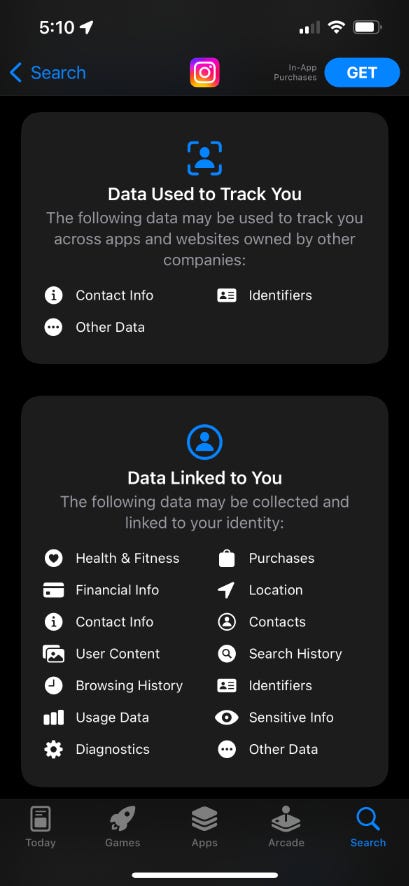# Is TikTok a Weapon? Analyzing the Risks of Social Media
Written on
Chapter 1: TikTok's Rise and Controversies
TikTok has taken the world by storm, rapidly becoming one of the most popular apps globally within just a few years. While its explosive growth has prompted competitors like Facebook and YouTube to launch similar features, the app isn't without its controversies.
The Trump administration and several other countries have voiced concerns about the risks associated with a Chinese company holding significant sway over user engagement. In response, some nations have banned the app, while the U.S. considered various acquisition deals with companies like Microsoft and Oracle, though none came to fruition.
After the initial tensions eased, TikTok appeared to navigate the storm relatively unscathed. Yet, recent calls by a Trump-appointed FCC Commissioner for Google and Apple to remove TikTok from their app stores have reignited discussions about user data security. Following a BuzzFeed report revealing that employees in China had extensive access to American users' data, the scrutiny intensified.
> "The call for action is based on serious concerns about data access," stated the FCC Commissioner in a recent tweet.
Section 1.1: What Data Does TikTok Collect?
TikTok isn’t merely a video-sharing app; it operates under the guise of entertainment while collecting vast amounts of sensitive user data. The FCC's concerns center around data privacy, with TikTok reportedly gathering information about users' identities, communication habits, locations, and potentially even payment details.

This data can potentially allow TikTok to track users’ movements and interactions. Moreover, if it gains access to financial transaction data, it could create a comprehensive profile of users' spending habits.
While one might argue that platforms like Instagram, Facebook, Snapchat, and YouTube also gather substantial data, the implications are worth examining.

The reality is that all these applications collect extensive data. However, the manner in which they handle, process, and secure this information varies significantly. It's not merely about the volume of data collected but also about the implications of such surveillance across multiple platforms.
Section 1.2: Social Media as a Tool for Influence
In determining whether TikTok can be weaponized, we must first define what "weaponization" means in this context. The historical lens of the CIA’s MK-ULTRA program provides insights into the potential for social media to influence behavior.
During the Cold War, the CIA sought methods to control human minds, leading to experiments that explored various mind-altering substances. Nowadays, social media platforms can wield similar influence through content curation.
Social media has the power to shape public opinion, influence trends, and even encourage dangerous behaviors through carefully targeted content. By continuously exposing users to specific narratives, these platforms can gradually alter perceptions and behaviors.
The first video, "TikTok Is Worse Than You Thought," delves into the darker implications of TikTok's influence on its users and society at large.
The second video, "TikTok is a Cyberweapon," explores how the app could potentially be used as a tool for manipulation and control.
Chapter 2: The Future of Data and Influence
The critical question remains: Is TikTok currently being utilized as a weapon? While there's no definitive answer, the potential for social media platforms to serve as instruments of influence is alarming. The algorithms governing these platforms are proprietary, making it challenging to ascertain if they're being manipulated for political ends.
Moreover, even in the absence of active manipulation, these platforms can still function as surveillance tools, collecting and monetizing vast amounts of personal data.
To understand this ecosystem further, consider the coverage on data brokers by "Last Week Tonight":
Conclusion
In summary, while it remains unclear if TikTok is being actively weaponized, it’s evident that any social media platform has the capacity to serve as a tool for manipulation and influence. The intersection of business interests and political agendas raises concerns about the app's future, especially considering the potential conflicts between ByteDance’s goals and China’s regulatory framework.